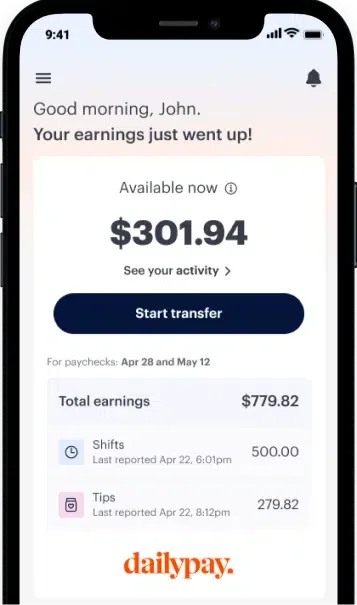Debt payments can strangle your monthly cash flow if it gets high enough. The average 2021 consumer credit card balance is $5,315, according to ValuePenguin research. Every account has its own balance, minimum payment, interest rate and payment due date. If you have multiple credit cards, keeping up with all of them may feel overwhelming. Debt consolidation is just what it sounds like. It effectively gathers up your stray debt and moves it all onto one account so that it’s easier to manage. After that, you’ll have one monthly payment and interest rate.
The idea is to simplify things—and hopefully make it easier to pay down your debt once and for all. One 2019 TransUnion survey found that after consolidation, 68% of consumers watched their credit scores go up by over 20 points.
How does debt consolidation work?
The main goal of debt consolidation is to take multiple balances and put them all together under one account. Personal loans can be used for a number of reasons, including debt consolidation. Consumers can apply for a new loan, directly receive funding, then use that to pay off some or all of their open balances. You’re not erasing your debt. You’re simply putting it somewhere that hopefully has a lower interest rate.
That last detail is important. The average credit card APR in the first quarter of 2022 was 16.17%, according to the Federal Reserve. If you can move your balances onto an account with a lower interest rate, you could ultimately save money over the long term.
Potential drawbacks of debt consolidation
A debt consolidation loan might sound appealing, but there are some important details to consider:
- Without discipline, you could accumulate more debt: The goal is to put away your credit cards after the consolidation, or pay them off in full every month so that you never carry a balance. (Using credit responsibly can actually help you maintain a healthy credit score.) But if, instead, you begin accumulating new debt on your credit cards, you’ll now be responsible for those accounts plus your new consolidation loan. This is all to say that some self-discipline is required.
- You’ll likely need a good credit score to qualify: You may not qualify otherwise. It may be difficult to get approved for a debt consolidation loan with a credit score that’s under 579, according to Credit Karma. Alternatively, you might qualify but only with a high interest rate. If that’s the case, it could defeat the purpose of taking out a debt consolidation loan. What we’re getting at here is that poor credit could be a barrier to getting an affordable loan.
Alternatives to debt consolidation
Whether you don’t qualify for a debt consolidation loan, or you simply decide that it’s not right for you, know that there are other debt-repayment strategies out there. This includes:
- A balance transfer: This involves getting a balance transfer credit card and using that to absorb your existing debt. Many offer a 0% interest introductory period. If you pay off your balance during this time, you’ll avoid interest altogether. If not, you could be hit with hefty fees. That’s why this option really only makes sense if you’re able to eliminate the balance during that time. It’s also likely that you’ll need a good credit score to qualify.
- The debt snowball method: Instead of consolidating your debt, you could prioritize your balances based on which one has the smallest balance. The idea is to continue making your minimum payments across all your accounts—while accelerating your payment on that one small balance. Once it’s paid off, you roll your payment into the next smallest one.
- The debt avalanche method: This is the same strategy as the debt snowball, except that you’re prioritizing whichever account has the highest interest rate. Your balances never come into play. According to research from James Madison University, you might pay off your debt faster this way.
Adopting healthy financial habits
Financial wellness has many layers. Here are a few extra things to consider:
- Taking steps to improve your credit score
- Making a realistic budget to reduce overspending
Building your emergency fund so that it’s easier to pay for pop-up expenses

